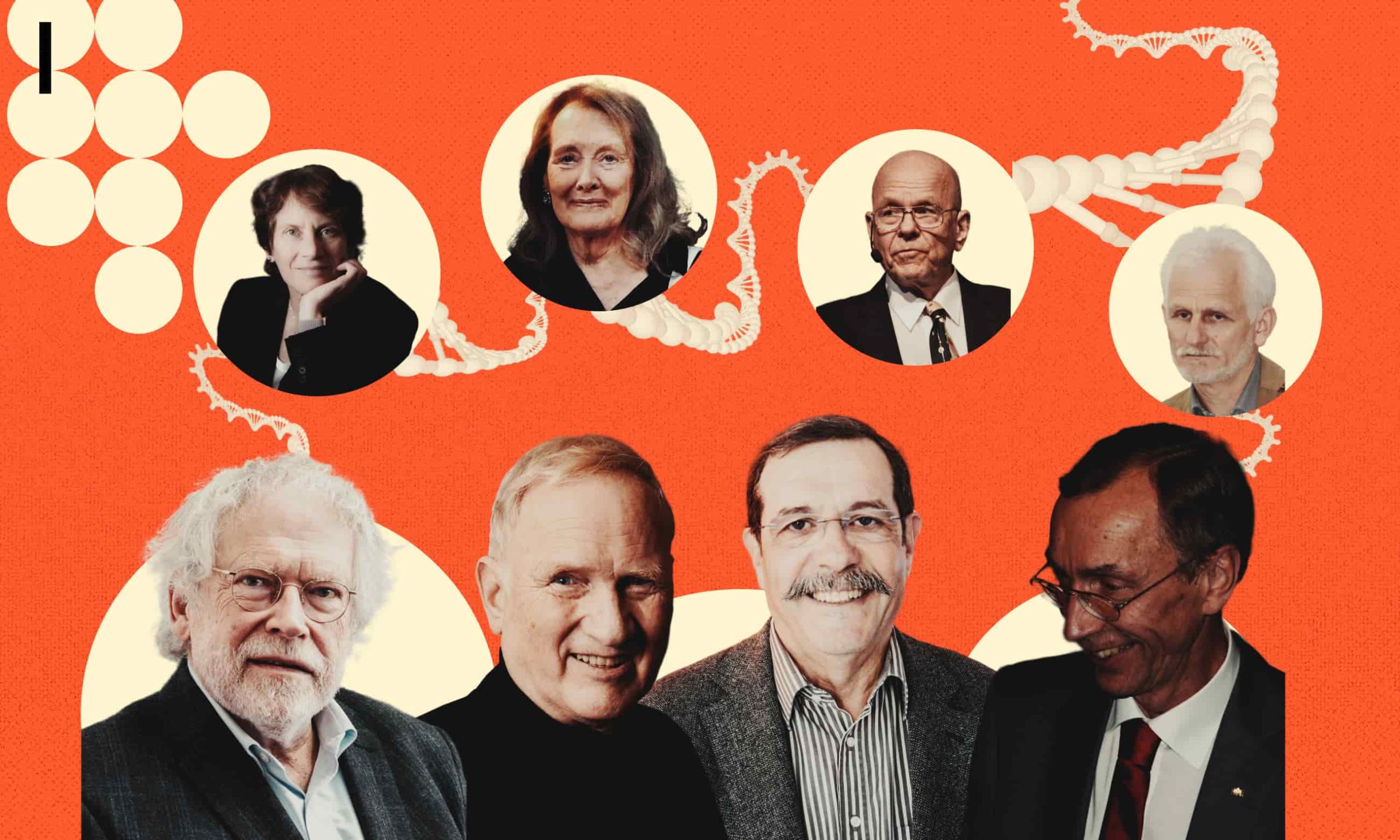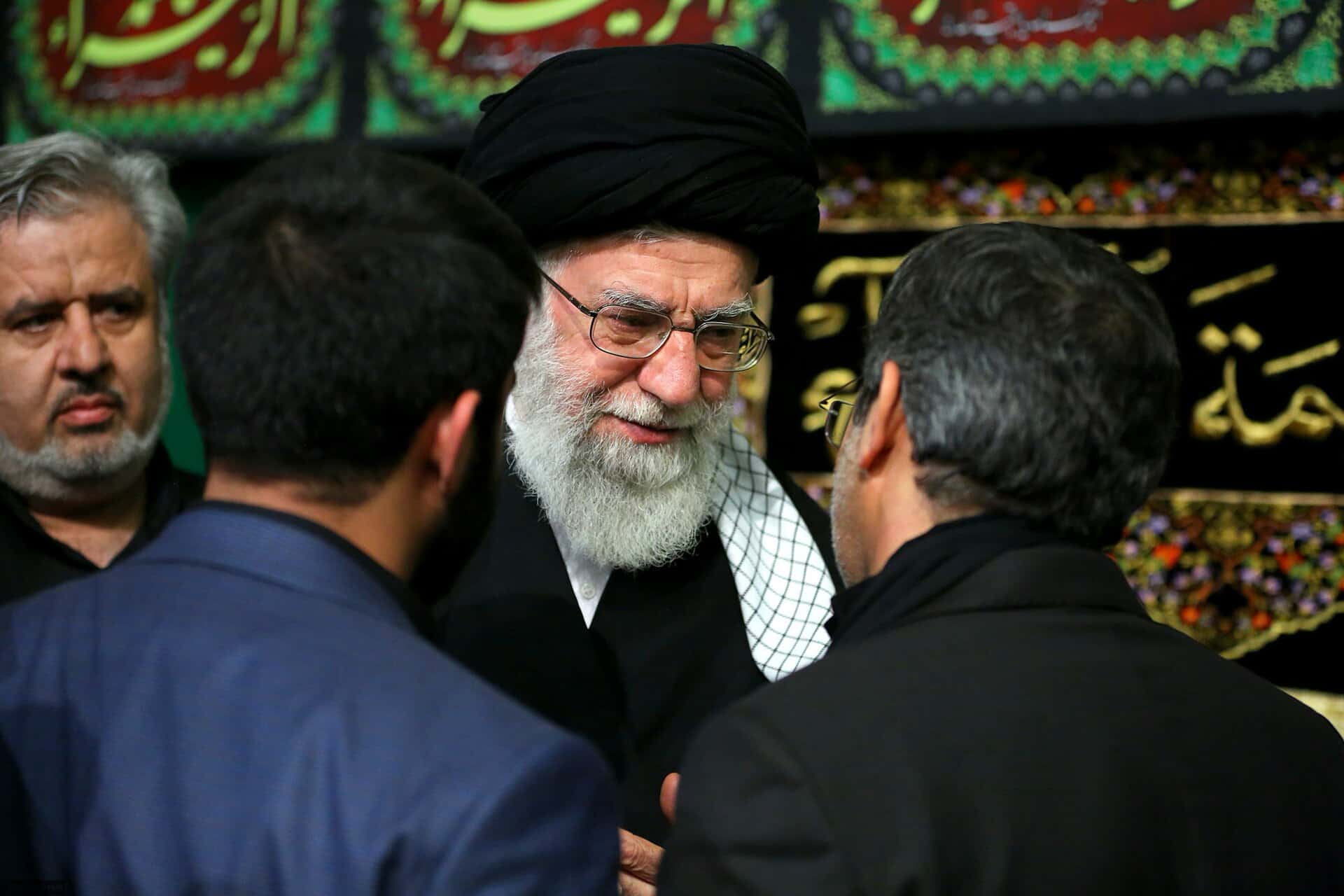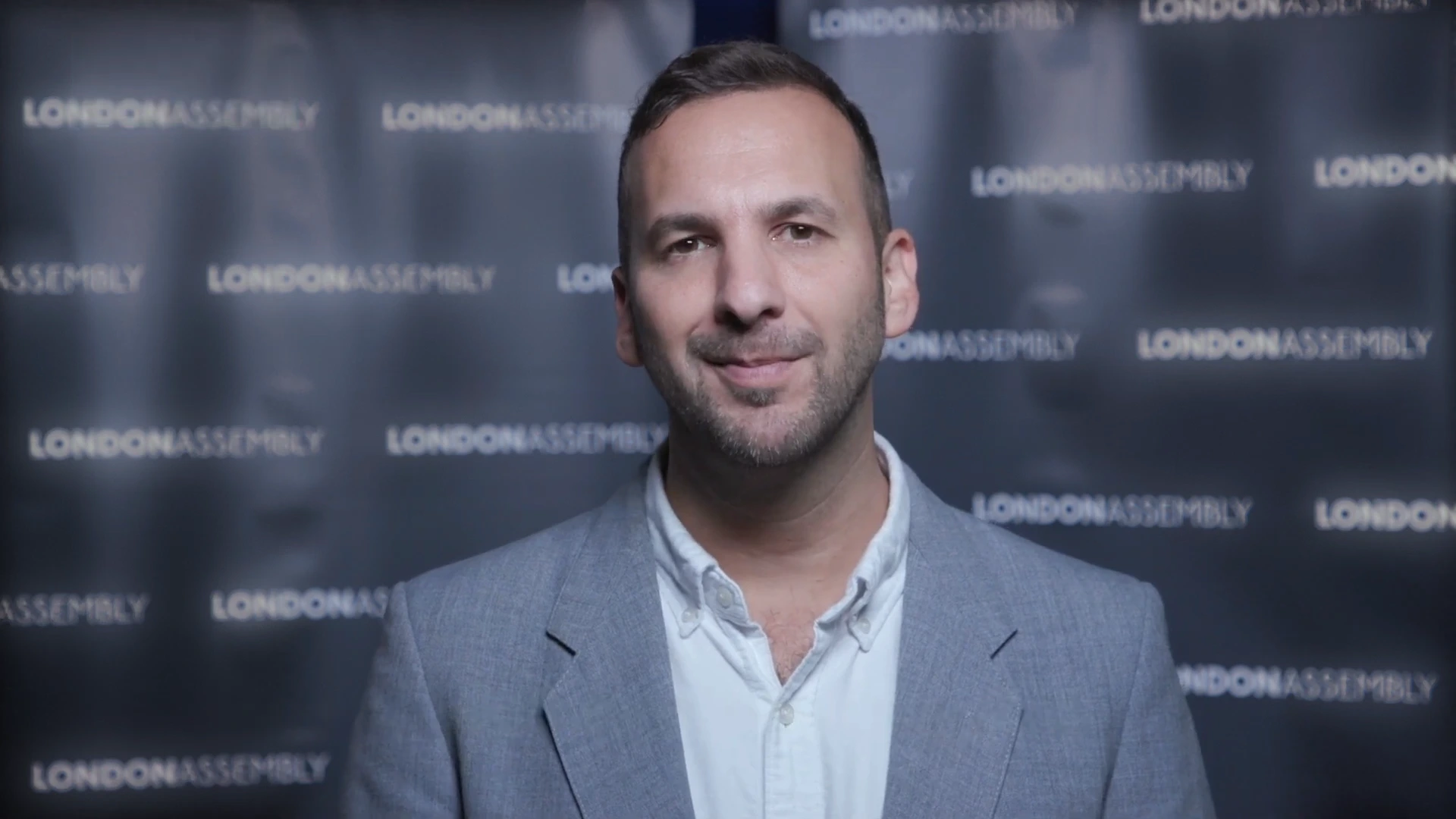Who are the 2022 Nobel Prize Winners?
A summary of the lucky winners of the 2022 Nobel Prize in physics, chemistry, physiology or medicine, literature, peace, and economics.

The Nobel Prize is a prestigious international award that recognizes individuals who have made significant contributions to various fields, including physics, chemistry, physiology or medicine, literature, peace, and economics.
Established by Swedish inventor Alfred Nobel in 1895, the award is presented annually to individuals who have demonstrated exceptional achievements in their respective fields. The Nobel Prize is considered one of the highest honours that can be awarded, and recipients are often recognized as leaders in their fields.
The Nobel Prize in Physics
From Right to left: Alain Aspect, John F. Clauser and Anton Zeilinger
Winners: Alain Aspect, John F. Clauser and Anton Zeilinger “for experiments with entangled photons, establishing the violation of Bell inequalities and pioneering quantum information science”.
In experiments conducted over the last 50 years, they confirmed the reality of an effect that Albert Einstein had disdained as “spooky action at a distance.”
Eva Olsson, a member of the Nobel Committee for Physics, noted that quantum information science had broad implications in areas like cryptography and quantum computing.
The Nobel Prize in Chemistry
From right to left: Morten Meldal, Carolyn R. Bertozzi and K. Barry Sharpless.
Winners: Carolyn R. Bertozzi, Morten Meldal and K. Barry Sharpless “for the development of click chemistry and bioorthogonal chemistry”.
“This year’s Prize in Chemistry deals with not overcomplicating matters, instead working with what is easy and simple. Functional molecules can be built even by taking a straightforward route,” says Johan Åqvist, Chair of the Nobel Committee for Chemistry.
The Nobel prize in Physiology or Medicine
Svante Pääbo
Winner: Svante Pääbo “for his discoveries concerning the genomes of extinct hominins and human evolution”.
Through his pioneering research, Svante Pääbo accomplished something seemingly impossible: sequencing the genome of the Neanderthal, an extinct relative of present-day humans. He also made the sensational discovery of a previously unknown hominin, Denisova. Importantly, Pääbo also found that gene transfer had occurred from these now-extinct hominins to Homo sapiens following the migration out of Africa around 70,000 years ago. This ancient flow of genes to present-day humans has physiological relevance today, for example affecting how our immune system reacts to infections.
The Nobel Prize in Literature
Annie Ernaux
Winner: Annie Ernaux “for the courage and clinical acuity with which she uncovers the roots, estrangements and collective restraints of personal memory”.
In her writing, she consistently and from different angles, examines a life marked by strong disparities regarding gender, language and class. And when she with great courage and clinical acuity reveals the agony of the experience of class, describing shame, humiliation, jealousy or inability to see who you are, she has achieved something admirable and enduring.
Ernaux becomes only the 17th woman to have been awarded the prize, which has been given to 119 writers since it was formed in 1901. Her path to authorship was long and arduous. Among her novels are ‘A Man’s Place, ‘A Woman’s Story and ‘Years’.
Ernaux’s work is uncompromising and written in plain language, scraped clean.
The Nobel Peace Prize
Ales Bialiatski
Winner: The 2022 Peace Prize is awarded to human rights advocate Ales Bialiatski from Belarus, the Russian human rights organisation Memorial and the Ukrainian human rights organisation Center for Civil Liberties.
The Peace Prize laureates represent civil society in their home countries. They have for many years promoted the right to criticise power and protect the fundamental rights of citizens. Together they demonstrate the significance of civil society for peace and democracy.
They have made an outstanding effort to document war crimes, human rights abuses and the abuse of power.
The Sveriges Riksbank Prize in Economic Sciences
Was jointly awarded to Ben S. Bernanke, Douglas W. Diamond and Philip H. Dybvig “for research on banks and financial crises”.
An important finding in their research is why avoiding bank collapses is vital.








